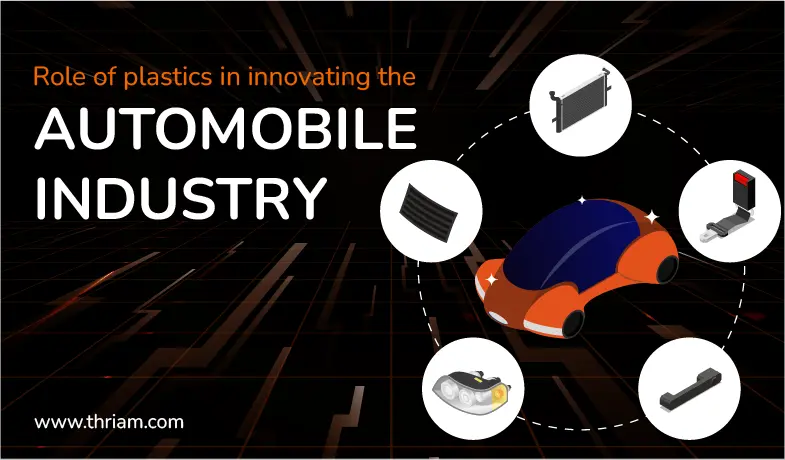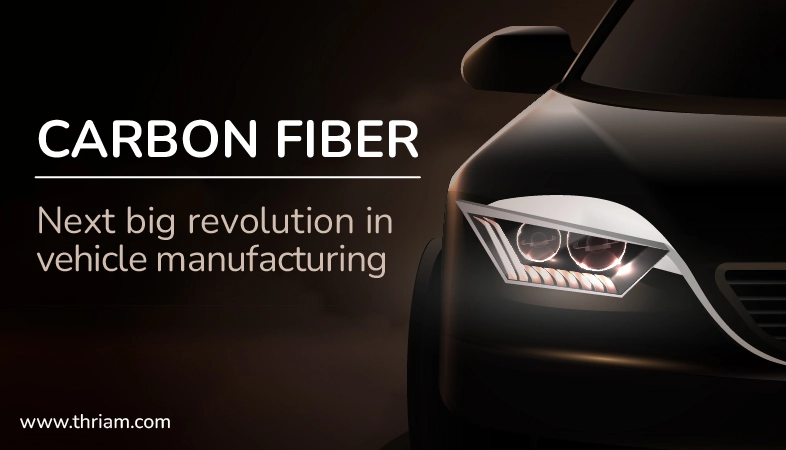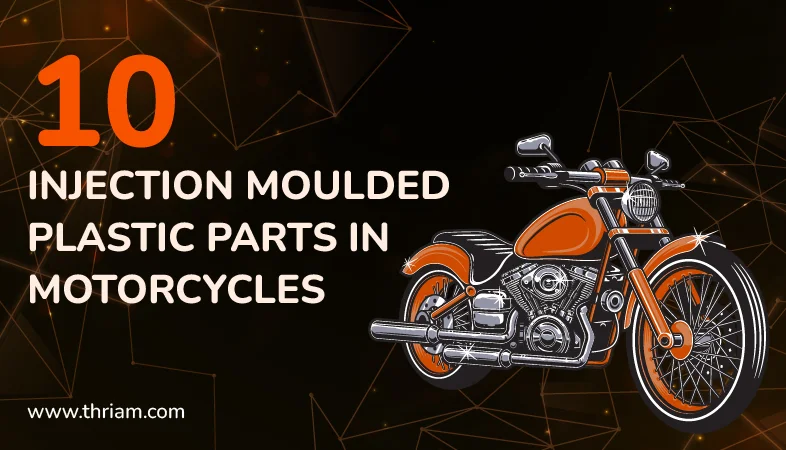Mastering the Road: The Power of Injection Moulded Parts in Cars
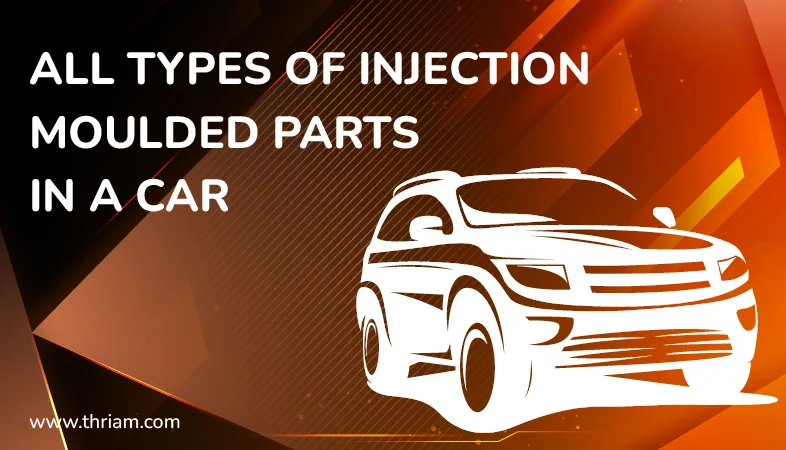
Injection moulded parts in a car refer to the components that are manufactured using the process of injection moulding. Injection moulding involves injecting molten material, typically plastic, into a mould cavity, and then allowing it to cool and solidify to form the desired shape. These parts play a crucial role in the construction and functionality of a car, ranging from exterior components like bumpers and grilles to interior elements such as dashboards and door panels, as well as engine and mechanical parts. Injection moulding allows for precise and efficient production of complex and intricate designs, resulting in high-quality, cost-effective, and durable components for automobiles.
Definition of injection moulding
Plastic injection moulding is a manufacturing process used to produce intricate and precise plastic components. It involves injecting molten material, typically thermoplastics, into a mould cavity, allowing it to cool and solidify, and then ejecting the finished product. The process is highly efficient, as it enables mass production of identical parts with minimal waste. Injection moulding is widely used in various industries due to its ability to create complex shapes, cost-effectiveness, and high production rates. It offers design flexibility, reproducibility, and excellent dimensional accuracy, making it a popular choice for manufacturing plastic parts, ranging from small components to larger items like automotive parts and consumer goods.
Brief overview of the early use of injection moulding in car manufacturing
The early use of injection moulding in car manufacturing brought about a significant revolution in the industry. It started gaining prominence in the mid-20th century as automakers recognized its potential to produce high-quality and cost-effective components at scale. Injection moulding allowed for the production of complex and precise shapes that were difficult to achieve with traditional manufacturing methods. This advancement led to the creation of various critical parts in cars, such as interior trim, dashboard panels, and exterior components like bumpers and grilles. The adoption of injection moulding in car manufacturing not only improved the overall aesthetics and functionality of vehicles but also streamlined the production process, resulting in faster assembly, reduced costs, and improved overall efficiency. Today, injection molded parts are an integral part of car manufacturing, contributing to the safety, performance, and overall quality of automobiles.
How injection moulded parts have transformed the automotive industry?
Injection moulded parts have transformed the automotive industry in numerous ways. Firstly, they have enabled the production of complex and intricate designs that were previously difficult or impossible to achieve using traditional manufacturing methods. This has allowed for the creation of sleek and aerodynamic exterior designs as well as visually appealing and functional interior components. Moreover, injection molding has significantly improved the overall durability and strength of automotive parts, enhancing the safety and longevity of vehicles. Additionally, the mass production capabilities of injection moulding have led to cost reductions, making cars more affordable for consumers. Furthermore, injection moulded parts have facilitated the development of lightweight components, contributing to fuel efficiency and reducing the environmental impact of vehicles. Overall, the adoption of injection moulded parts has revolutionized the automotive industry, elevating the quality, design, performance, and sustainability of modern-day automobiles.
Types of Injection Moulded Parts in Cars
A. Exterior Parts
Bumpers:

Bumpers are one of the most recognizable exterior parts of a car. Injection moulding allows for the production of bumpers that are not only visually appealing but also possess exceptional impact absorption capabilities. This ensures enhanced safety for the vehicle and its occupants during collisions.
Grilles:
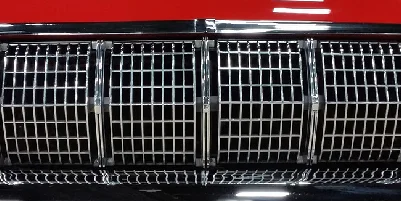
Grilles serve both functional and design purposes. Injection moulding enables the creation of intricate and detailed grille designs, which not only enhance the aesthetic appeal of the vehicle but also ensure proper airflow to the engine cooling system.
B. Interior Parts
Dashboards:

Dashboards are the focal point of a car's interior. Plastic injection moulding enables the production of durable and sophisticated dashboards with various integrated features such as air vents, instrument clusters, and infotainment panels. The versatility of injection moulding allows for precise design execution and the incorporation of different textures and finishes.
Door panels:
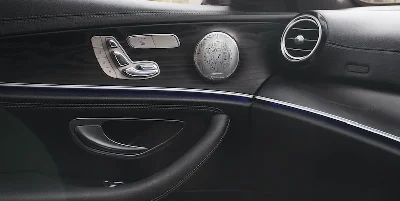
Door panels are another essential interior component that benefits from injection moulding. It allows for the creation of door panels with smooth surfaces, intricate design patterns, and integrated features such as power window switches and speaker grilles. Injection moulded door panels also help to reduce weight, contributing to improved fuel efficiency.
C. Engine and Mechanical Parts
Air intake systems:
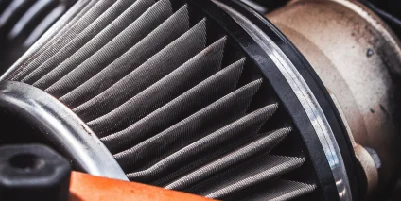
Air intake systems are responsible for supplying air to the engine for combustion. Injection moulding allows for the production of air intake systems that are efficient, lightweight, and resistant to heat and vibration. This ensures optimal airflow and performance while minimizing energy loss.
Oil pans:

Oil pans are vital for lubricating and cooling the engine. By utilizing injection moulding, manufacturers can produce oil pans with intricate designs, accurate capacity measurements, and integrated mounting points. Injection moulded oil pans are lightweight, durable, and have excellent resistance to high temperatures and oil degradation.
Benefits of Injection Moulded Parts in Cars
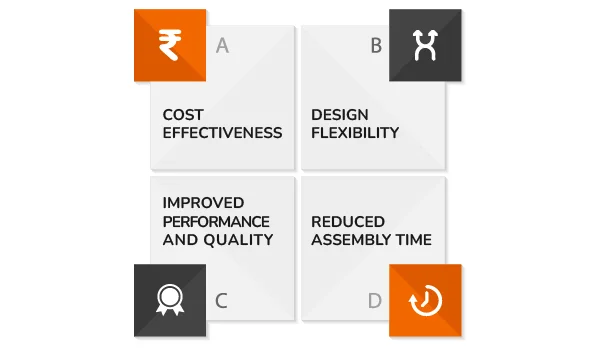
A. Cost-effectiveness:
Plastic injection moulding allows for the mass production of automotive components, resulting in significant cost savings. The high production efficiency, material optimization, and reduced labour requirements result in lower manufacturing costs. Additionally, the ability to produce intricate and complex designs with precision minimizes the need for additional manufacturing processes, further reducing expenses.
B. Design flexibility:
Plastic injection moulding offers unparalleled design flexibility, enabling the creation of complex shapes, detailed features, and various textures. This flexibility allows automotive designers to bring innovative and visually appealing designs to life. From sleek exterior profiles to ergonomic interior components, injection moulding can accommodate a wide range of design requirements, enhancing the overall aesthetics of the vehicle.
C. Improved performance and quality:
Injection moulded parts contribute to enhanced performance and quality in several ways. Firstly, the precise control over the moulding process ensures consistency and accuracy in manufacturing, resulting in parts with tight tolerances and superior quality. Secondly, the use of advanced materials and composites in injection moulded parts improves strength, durability, and resistance to wear and tear. This, in turn, enhances the overall performance and reliability of the vehicle.
D. Reduced assembly time:
Injection molding simplifies the manufacturing process by producing individual parts that are ready for assembly. The high repeatability and accuracy of injection moulded parts eliminate the need for extensive additional manufacturing or modification steps. This not only reduces assembly time but also minimizes the risk of errors or inconsistencies during assembly, ensuring efficient production and improved overall productivity.
Conclusion
Injection moulded parts have become instrumental in the manufacturing of cars, revolutionizing the automotive industry in several ways. They have allowed for the production of complex designs, enhanced durability, improved performance, and cost-effectiveness. Injection moulding technology has provided automakers with the ability to create visually appealing exteriors, ergonomic interiors, and efficient engine and mechanical parts.
The future of plastic injection moulded parts in the automotive industry looks promising, with advancements in material science, manufacturing techniques, and design possibilities. As technology continues to evolve, we can expect even more innovation in injection moulding, leading to further improvements in the quality, efficiency, and sustainability of cars.
